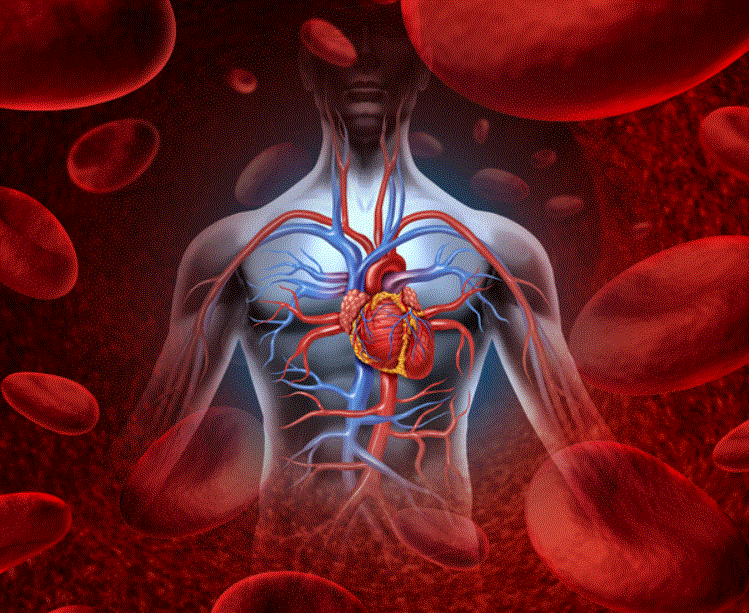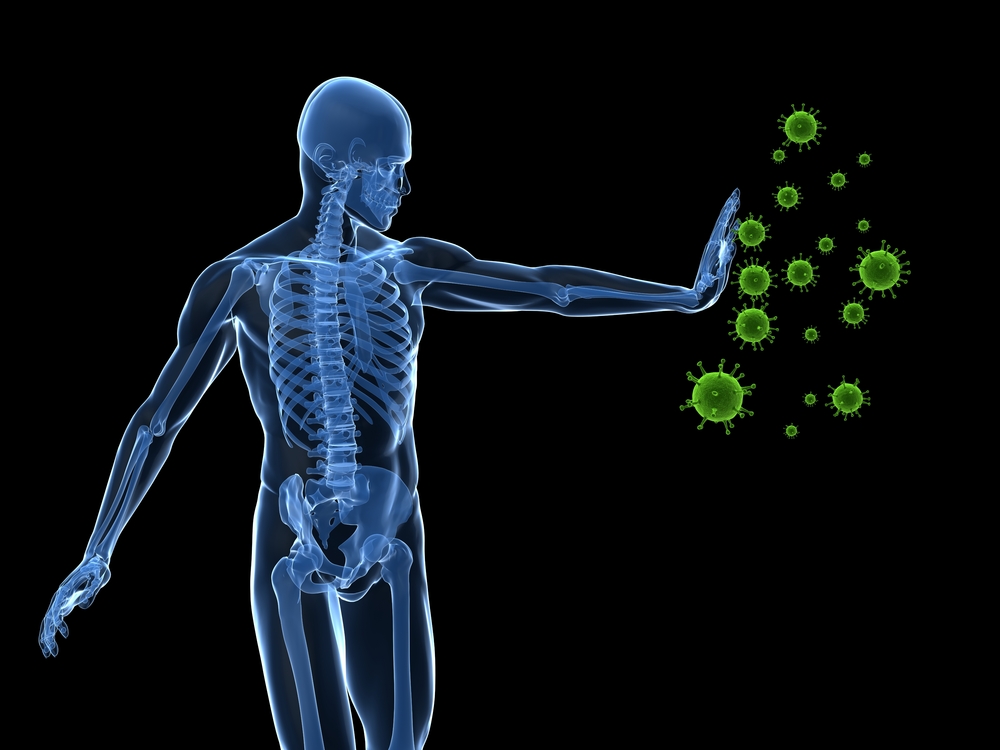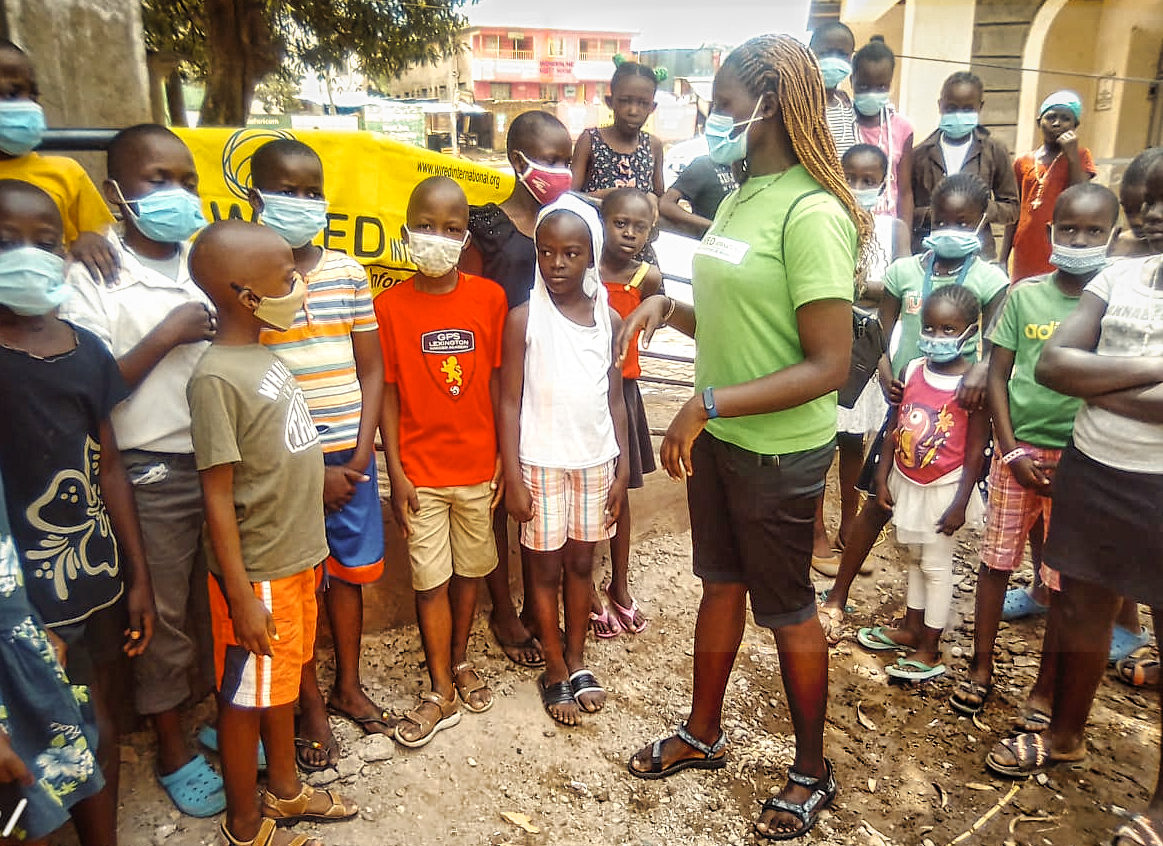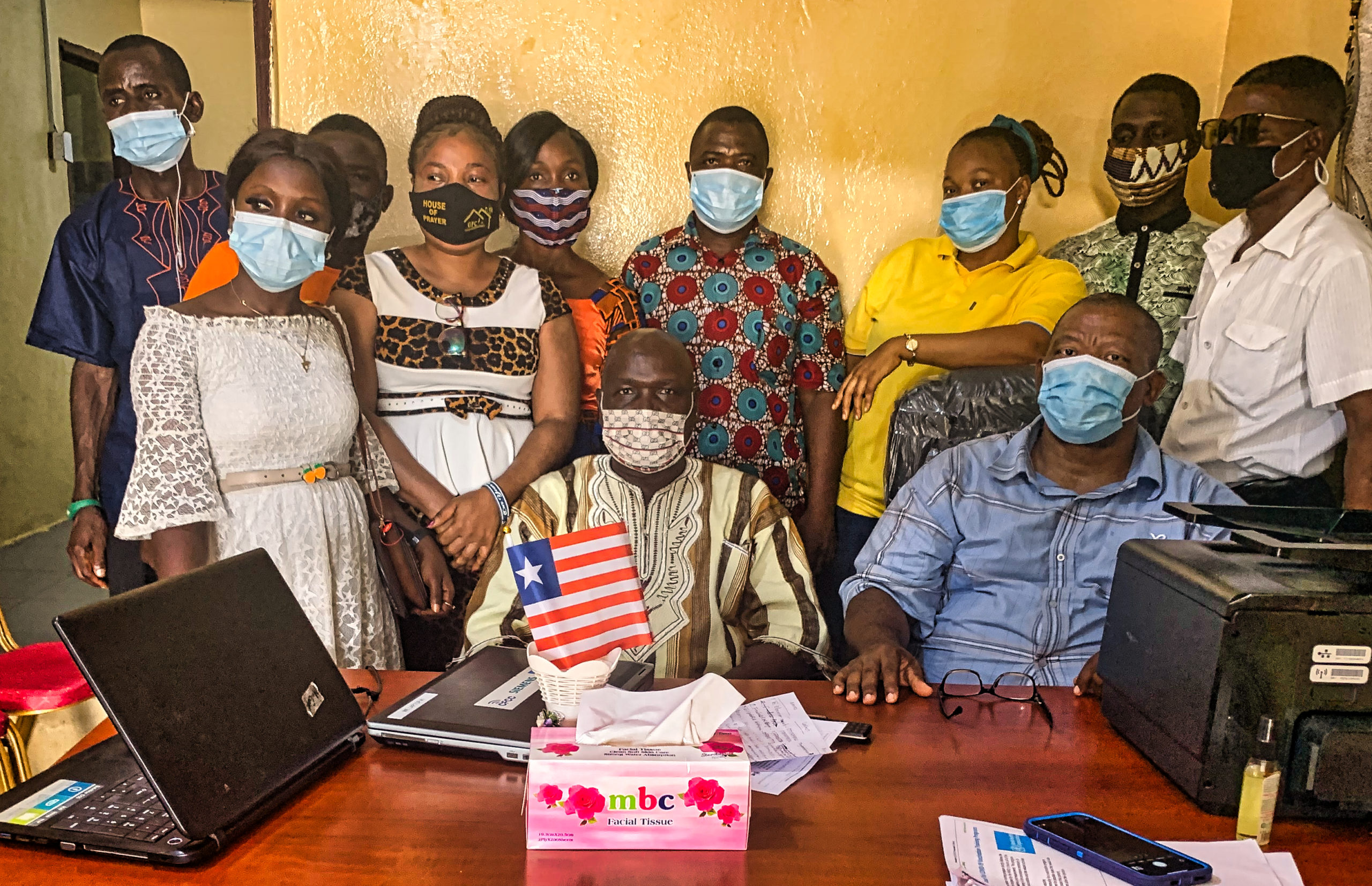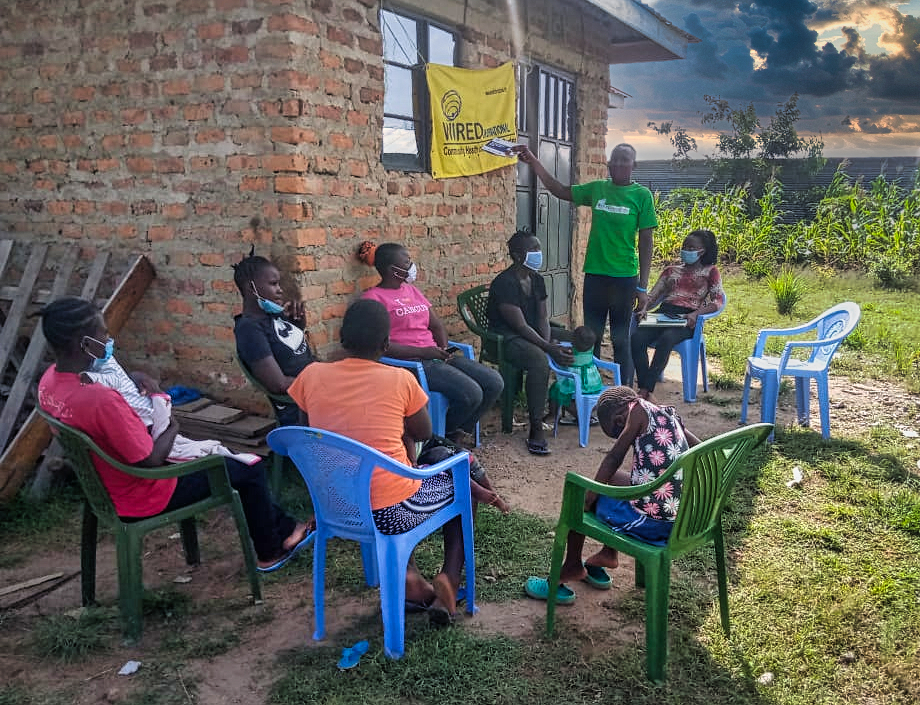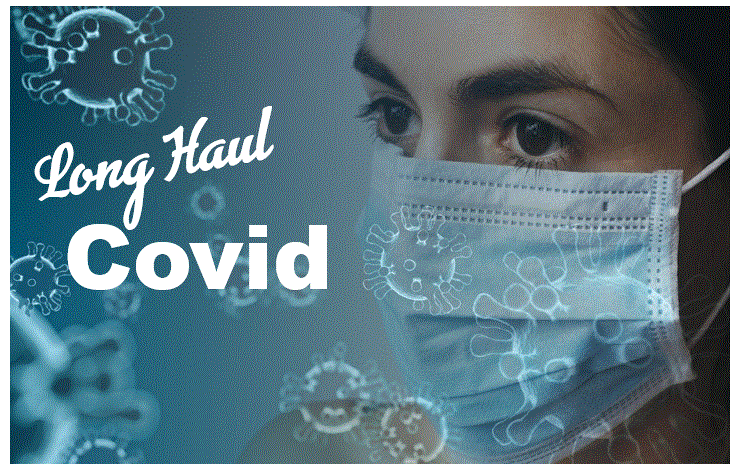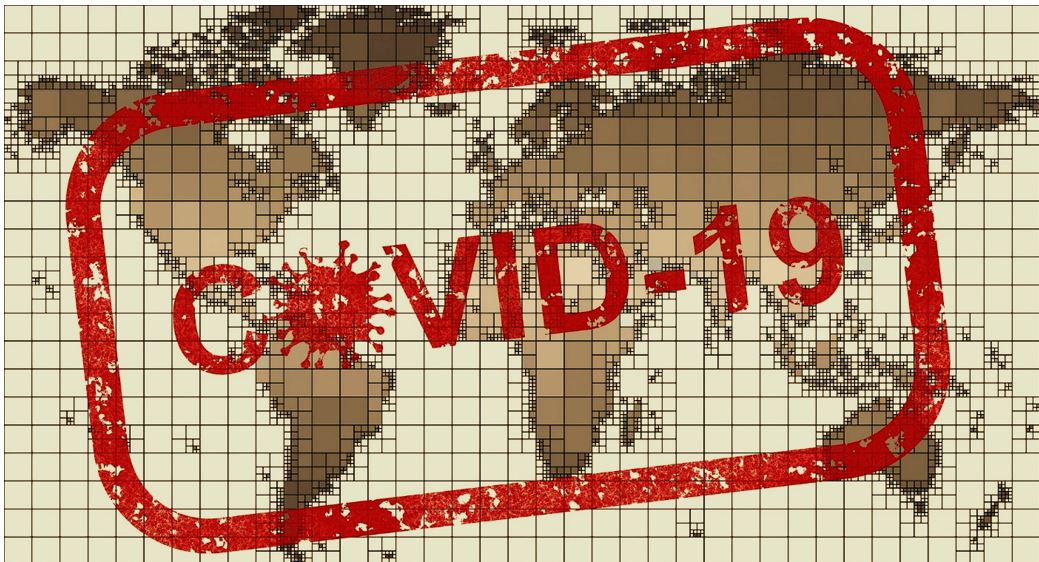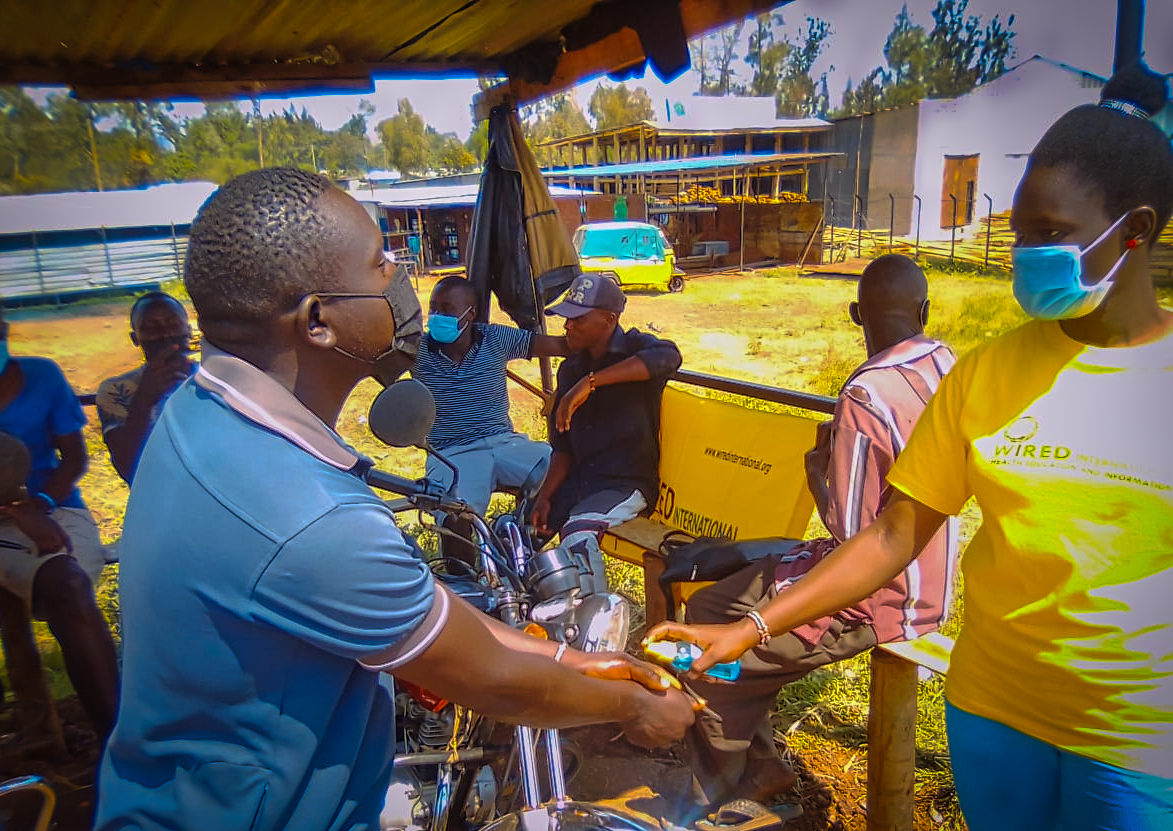Rheumatic Heart Disease (RHD): A Killer of Marginalized Populations
Posted onWinter brings seasonal increases in strep throat, a bacterial infection which if not treated with an antibiotic can lead to rheumatic fever, rheumatic heart disease (RHD) and even death.
Although RHD is completely preventable, it affects 39 million people worldwide, many of them children in low-resource countries.
WiRED International has long targeted RHD. Nearly a decade ago, we started to develop a suite of programs designed to educate and curb the spread of the infection.

